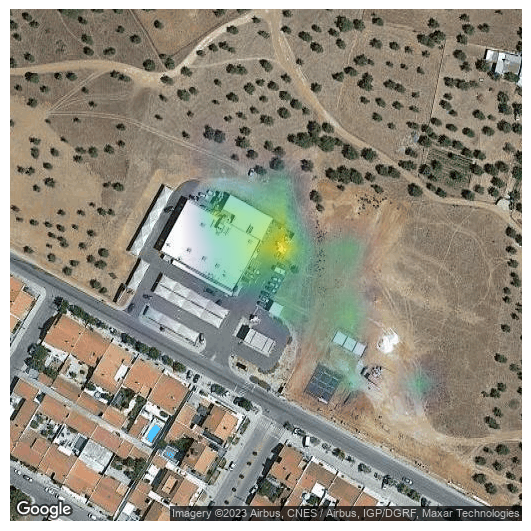The Institute joined a European project that’s developing a platform targeting police authorities and border guards, towards improving investigation competences when addressing environmental crimes. The Artificial Intelligence (AI) behind the platform is promoted by INESC TEC researchers.
The EMERITUS project features 20 partners, from nine countries, with a budget of €5.9M; the main objective is to explore and demonstrate a series of technologies that can improve efficiency and effectiveness in the detection of environmental crimes, the intelligent definition of risk profiles to allocate resources, the reduction of risk for operators, and the deterrence of offenders.
To test all the developments of the project, allowing technology transfer and operational support to the market, the team is testing four real use cases: detection of water contamination sources, monitoring of garbage storage plants, cross-border control of illegal waste trafficking, and identification of illegal waste discharge sites in extended areas.
The work developed by INESC TEC researchers focuses on three application areas: land, water, and air. As far as the lands are concerned, AI is being used to identify significant changes. Through neural networks, researchers can detect changes in soil use, benefiting from remote sensing images – which allow, for instance, to perceive oil slicks using satellite images. In the case of water and air, predictive models are being used to detect pollutants in rivers or to compare and select concentration values of air pollutants that have an impact on human health.
“We are developing pioneer work in analysing satellite images in early detection of environmental problems. We have developed a deep-learning classifier for remote detection of landfills and a deep-learning model to detect changes in protected areas that will be available at the EMERITUS platform” explained João Gama, a researcher at INESC TEC. Edoardo Genova, Communication and Dissemination manager of the EMERITUS project, states: “The innovative use of deep learning in image analysis, combined with the detection of anomalies in real-time, demonstrates the fundamental role of INESC TEC in improving environmental monitoring and the detection of waste-related crimes through the EMERITUS platform”.

In addition to the platform, the project partners are also working on a protocol for investigating environmental crimes, and a training programme for the authorities to support all diligences related to this type of wrongdoing.
More information about the project here.
The EMERITUS project received funding from the EU’s Horizon Europe research and innovation programme under agreement No 101073874.
The researcher mentioned in this news piece is associated with INESC TEC and UP-FEP




 News, current topics, curiosities and so much more about INESC TEC and its community!
News, current topics, curiosities and so much more about INESC TEC and its community!